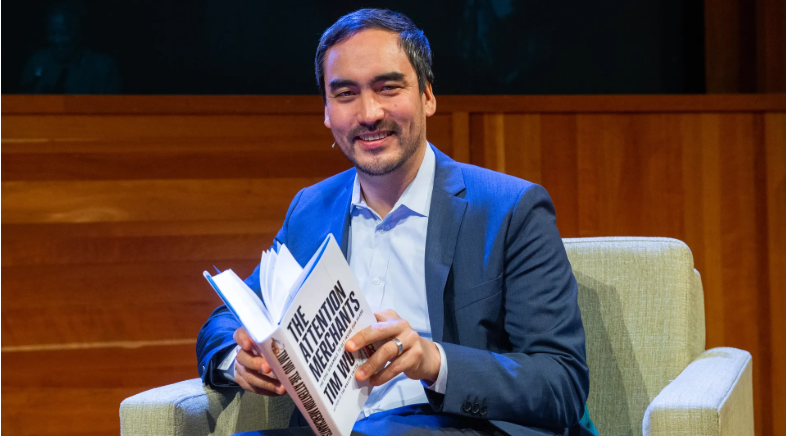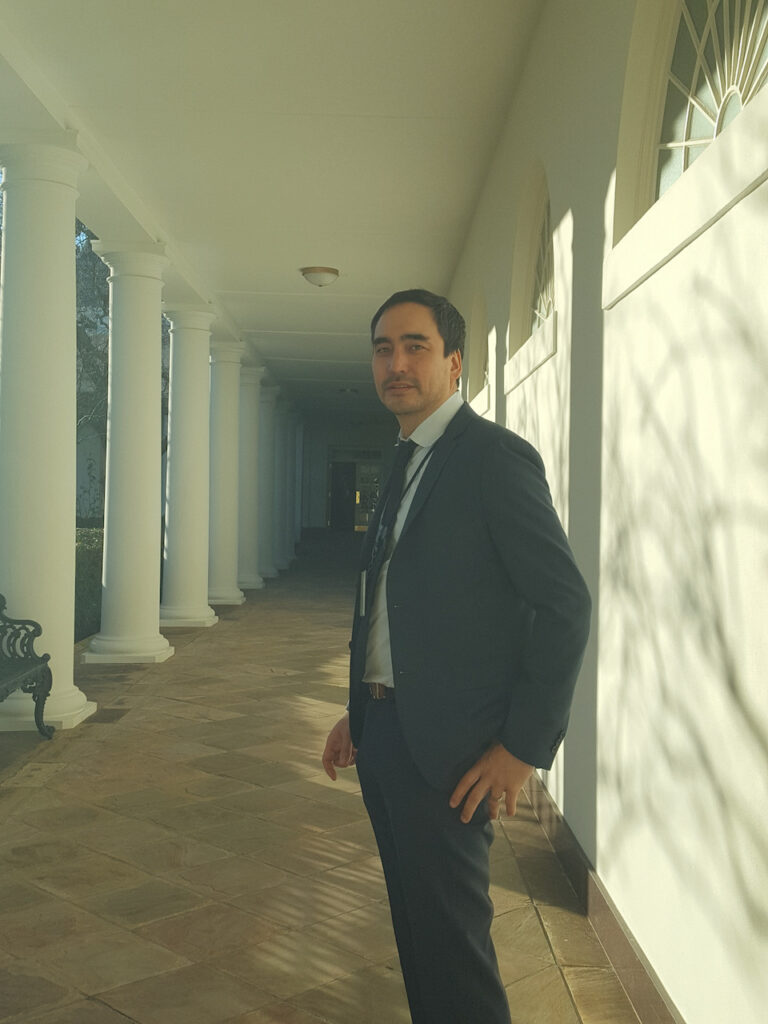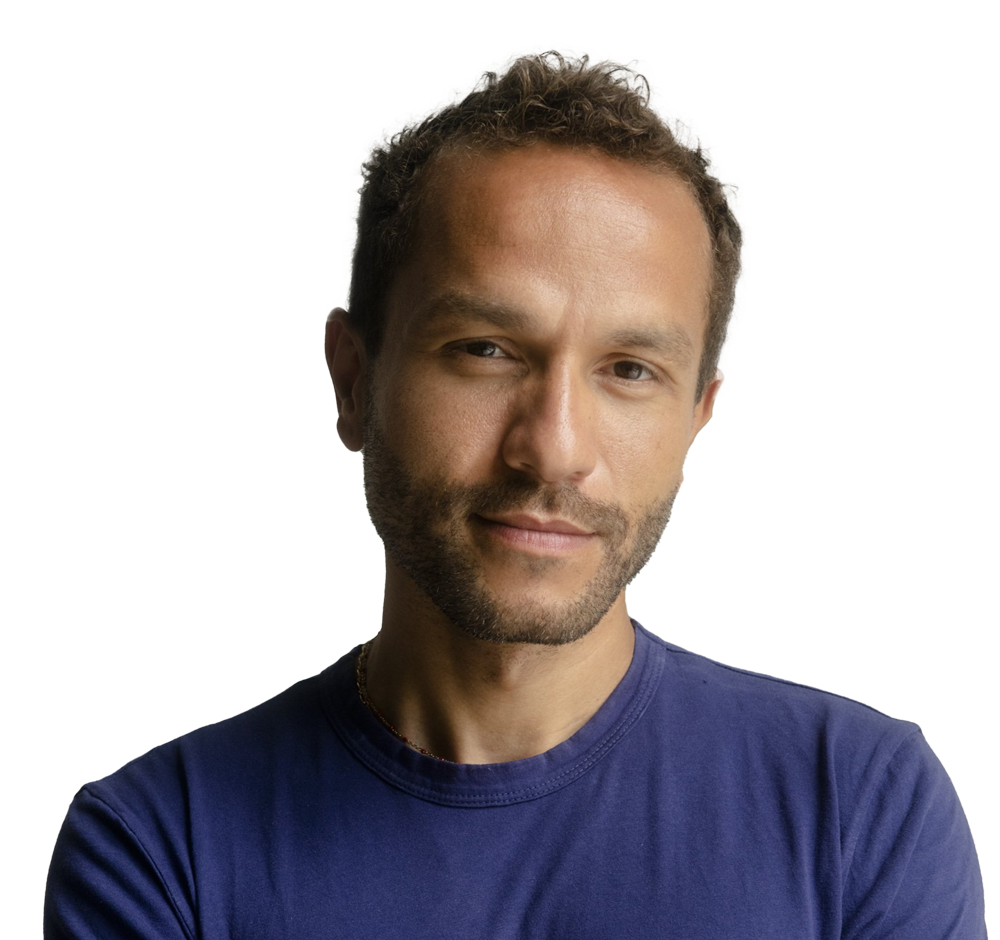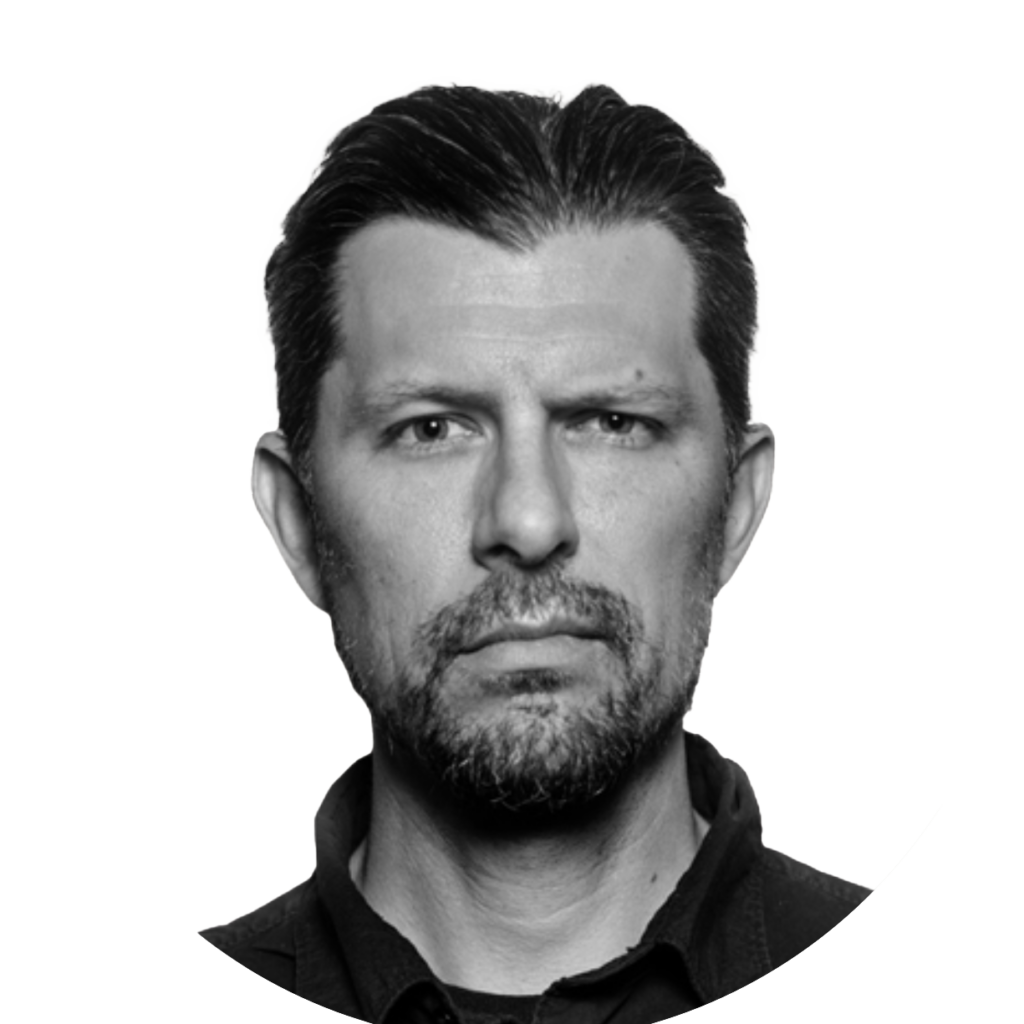This interview has been condensed and edited for clarity.
More than a decade ago, you wrote, “Today’s machines don’t just allow distraction; they promote it. The web calls us constantly, like a carnival barker, and the machines, instead of keeping us on task, make it easy to get drawn in.” What essential human experiences do you believe we’re losing out on at the altar of constant connectivity?
What we’re losing, above all, is the ability to inhabit a single moment without the low‑grade hum of outside solicitation. Solitude, boredom, and sustained conversation—conditions that once seeded creativity and intimacy—become rare when every pause triggers that reflex to check. The cost isn’t merely a distraction; it is the gradual erosion of our inner narrative, and at worst, an unraveling of who we are. In short, the capacity to be yourself is the long-term casualty of uninterrupted connection.

In your 2017 book on the attention economy, you explored our struggle against digital distraction. Since then, how has your personal relationship with focus evolved? Which attention management practices have you tried, dropped, or come to rely on?
Writing The Attention Merchants forced me to audit my own habits. I tried living out in the desert for a short while, alone. I kept a diary of how I spent all the hours in the week (discovery: I actually do spend more time sleeping than doing dumb errands). But what has stuck for me most of all is just a very ancient lesson. You have to tie yourself to the mast; you cannot trust your willpower in the moment. And you have to zone your life—keep devices completely out of certain spaces
In your 2014 essay “The Problem With Easy Technology,” for The New Yorker you observed, “We may evolve into creatures that can do more but find that what we do has somehow been robbed of the satisfaction we hoped it might contain.” A decade later, as AI dominates our technological landscape, your insight feels prophetic. Is it possible to harness AI’s productivity potential without sacrificing the human satisfaction that comes from meaningful work?
I think so. There has always been an important distinction between technologies that replace human autonomy and those that augment it. Our most wonderful tools augment us, projecting our will, instead of doing things for us. AI can be either, but we have to keep it in its lane—delegating drudgery while insisting on human judgment for the conceptual and ethical choices. There is some hope that AI can broaden rather than flatten the scope of satisfying work.
Peter Thiel famously asserted that “competition is for losers,” advocating instead for monopolistic advantage. To what extent has this philosophy permeated Silicon Valley’s entrepreneurial ethos? And where do you see the unintended consequences in this winner-takes-all mindset?
If Silicon Valley were a sports league, we’d have a generation of players whose aspiration is to find a way to fix the games so you never lose. Venture capital has been chasing “category kings,” encouraging entrepreneurs to secure choke points rather than build better products. It makes founders rich, but the unintended consequences are visible: thinner markets for labor, stagnant wages in tech hubs, and an innovation tempo that slows once dominance is achieved. The risk is a Silicon Valley that becomes a museum of entrenched gatekeepers.

Your tenure in the federal government gave you an insider’s perspective on regulatory systems. How did that experience transform your thinking about the practical constraints, and untapped possibilities, in modern antitrust enforcement?
In the White House I came to see antitrust enforcement as a part of national economic policy, much like industrial policy or the setting of interest rates. The administration should think of itself as turning a knob: choosing between a more decentralized or centralized economy, more competition or more monopoly.
In your forthcoming book, The Age of Extraction, you describe how digital platforms threaten to “foster a two-class nation”—a premise that suggests a rather sobering analysis. Yet your publisher promises readers something “concise and helpful.” Is there a path forward you’ve discovered through your research that genuinely warrants optimism?
The book argues that today’s digital platforms excel at value extraction rather than value creation, risking a bifurcated society. Still, I do see grounds for optimism. First, public awareness of extraction is soaring; citizens now grasp that “free” often means “you’re the product.” Second, at some level, the digital platform itself retains the potential—the dream of the 90s—for an extraordinary shared prosperity. We need to learn how to make platforms into catalysts that support the economic activity of others, as opposed to taking too much for themselves. The road is narrow and requires political will, but it is hardly nonexistent.
July 9, 2025
Images provided courtesy of the Fellow





